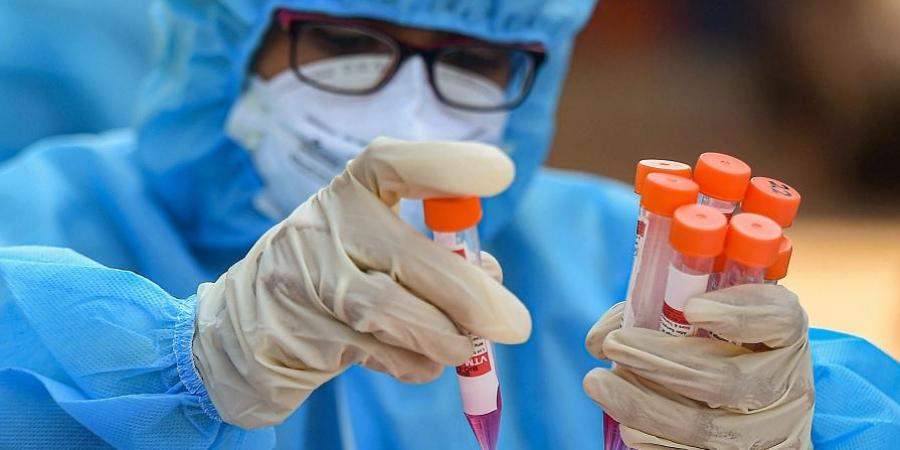
Antibodies for coronavirus coldspots discovered, may aid future fight: Study

A recent study suggests that certain regions of the coronavirus, known as “coldspots,” remain unchanged, and that antibodies targeted towards these coldspots may be effective in combating future strains of the virus.
The coronavirus keeps evolving, and in so doing it evades our immune defenses. But does the entire coronavirus evolve, or do some portions remain unchanged?
Also Read: Indian scientists develop peptides that arrest coronavirus entry into human cells
According to the study, sieving through over 10 million coronavirus sequences, two PhD students at the Institute for Research in Biomedicine (IRB), Switzerland and affiliated with the Università della Svizzera italiana, discovered that some portions of the virus spike, or the molecule on the virus that is key to infect human cells, were remarkably conserved.
“We call these coldspots, most of the virus is rapidly changing, but we discovered 15 regions that do not,” said Virginia Crivelli, one of the researchers.
By analysing samples from COVID-19 convalescent individuals, the researchers found that some had antibodies specific for the coldspots, the study said.
Also Read: Not just coughing or sneezing, talking too can spread coronavirus, finds study
“These antibodies are very rare, but thanks to a new method, we were able to find them,” said Filippo Bianchini, the other researcher.
The antibodies blocked virus infection in laboratory experiments, even to the latest variants of concern, and protected from disease in preclinical models, the study said.
Will the new antibodies be effective against the next coronavirus(es)?
Also Read: First made-in-India intranasal COVID vaccine launched
“It is likely that new coronaviruses that infect humans will emerge. Our findings indicate that it may be already possible to develop countermeasures that are broadly effective against present and also future coronaviruses,” said Davide Robbiani, senior author on the study and IRB director.
The study is published in the journal Science Immunology.
(With agency inputs)


